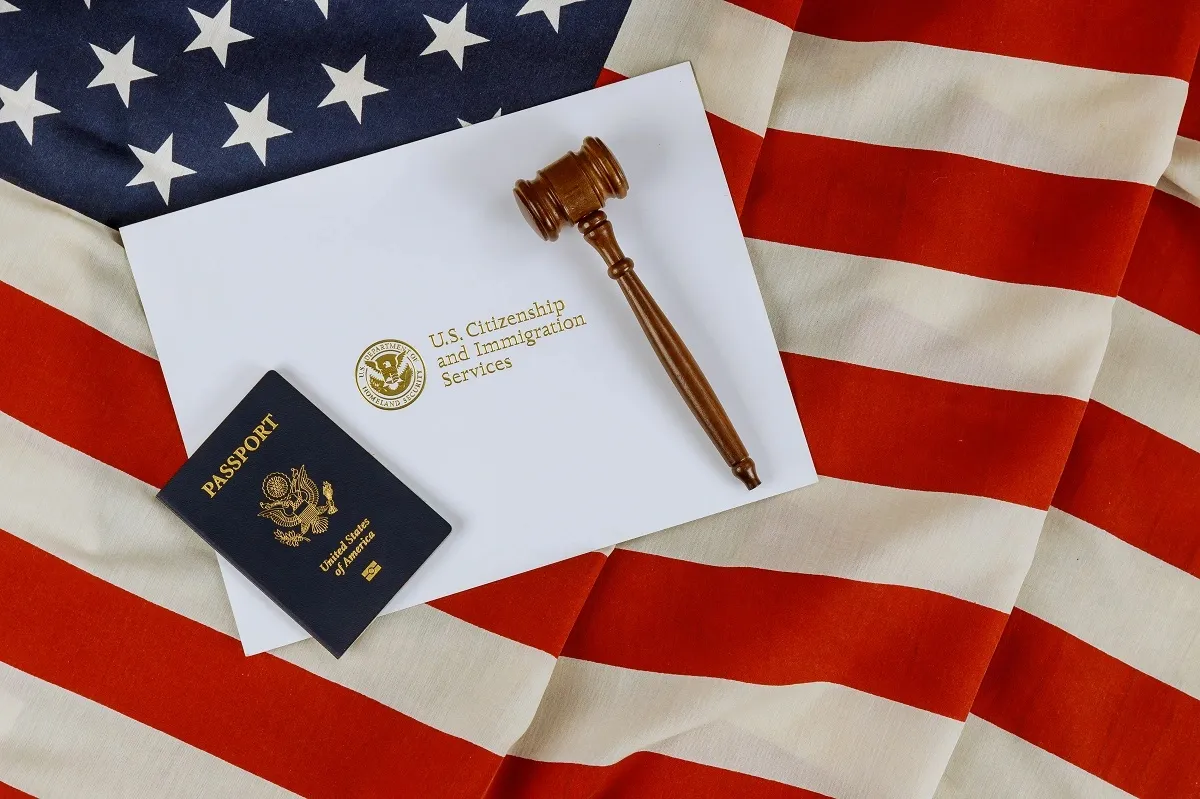Business News
Can Donald Trump end birthright citizenship? What US constitution, legal experts say
.png)
3 min read | Updated on December 09, 2024, 12:37 IST
SUMMARY
US President-elect Donald Trump has reignited the debate over birthright citizenship, announcing plans to eliminate the constitutional guarantee provided under the 14th Amendment.

Legal experts argue that such a move would require a constitutional amendment, a complex and arduous process.
US President-elect Donald Trump announced Sunday plans to pursue the elimination of birthright citizenship, a constitutional guarantee under the 14th Amendment, as part of his agenda for a second term.
During his first broadcast interview since re-election, Trump vowed to “end” automatic citizenship for children born on US soil to immigrant parents, a practice he has repeatedly criticised.
“We’re going to have to get it changed,” Trump said, leaving open the possibility of pursuing either executive action or a constitutional amendment.
However, legal experts and scholars widely agree that overturning birthright citizenship would require an amendment, an arduous process demanding supermajority approval in Congress and ratification by three-quarters of state legislatures.
What the citizenship clause says
The 14th Amendment specifically overturned the 1857 Supreme Court decision in Dred Scott v. Sandford, which held that African Americans, whether enslaved or free, could not be US citizens.
The citizenship clause, found in Section 1 of the 14th Amendment, guarantees: “All persons born or naturalized in the United States, and subject to the jurisdiction thereof, are citizens of the United States and of the State wherein they reside.”
The clause was intended to grant citizenship to formerly enslaved people and has since been interpreted to grant automatic citizenship to nearly all individuals born on US soil, regardless of their parents' immigration status. Legal scholars widely agree that this includes children of undocumented immigrants, as long as their parents are subject to US law, which applies to nearly everyone except foreign diplomats.
The second sentence contains two of the most important clauses in the Constitution, the due process and equal protection clauses. They apply to everyone in the US, not just citizens:
“No State shall make or enforce any law which shall abridge the privileges or immunities of citizens of the United States; nor shall any State deprive any person of life, liberty or property, without due process of law, nor deny to any person within its jurisdiction the equal protection of the laws.”
Can Trump end birthright citizenship?
Trump’s push to end birthright citizenship is not new; he made similar pledges during his 2015 campaign and in 2018 as president. Legal scholars are sceptical of Trump’s ability to alter birthright citizenship through executive order.
He noted such an order would violate the 14th Amendment itself, Article 2 of the Constitution, which requires the president to faithfully execute laws, and established denaturalisation laws, which prohibit retroactively stripping citizenship.
By signing up you agree to Upstox’s Terms & Conditions
About The Author
Next Story

